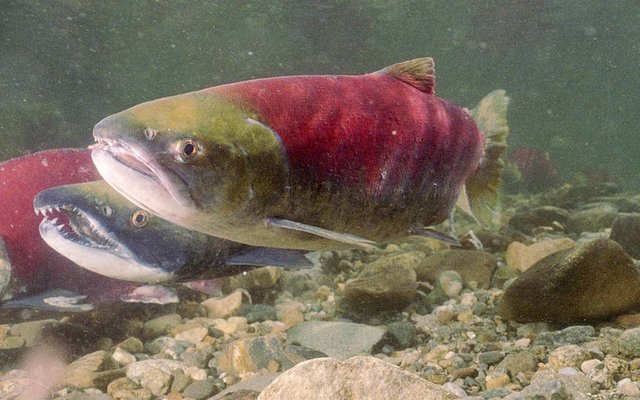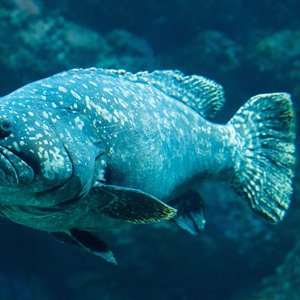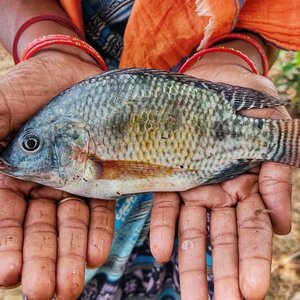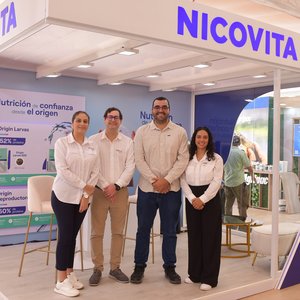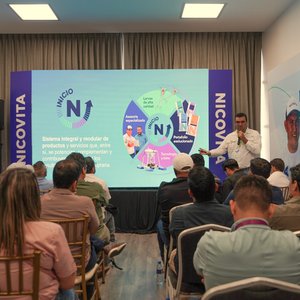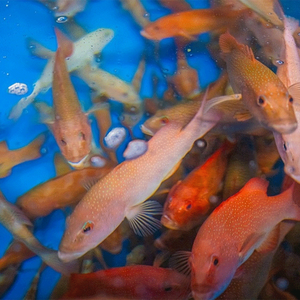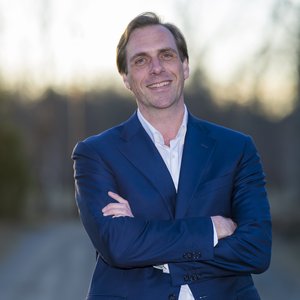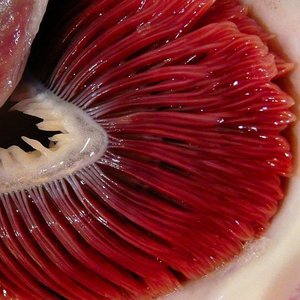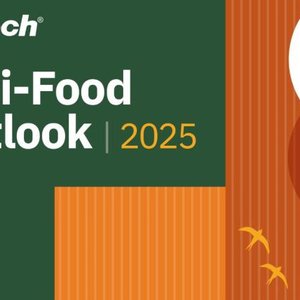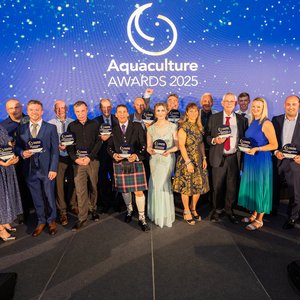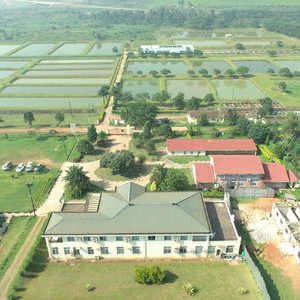To restore the run of Coquitlam sockeye salmon that characterized the territory before the Coquitlam Dam opened in 1913, a small-scale hatchery will be built in Coquitlam Watershed to reproduce and rear sockeye salmon for conservation purposes.
Unlike other species of salmon, sockeye juveniles require access to a lake for their initial growth in freshwater. When the Coquitlam Dam was built, adults could not return to the lake to spawn as well as juvenile sockeye were trapped in the lake and could not migrate to the ocean to feed and grow up.
The new hatchery has as its priority to produce in the new facility 30,000 eggs per year and release to the lower river 15,000 18-month sockeye salmon. Smolts are expected to reach the ocean, grow up and start the journey back to Coquitlam Lake as spawning adults.
According to Kwikwetlem First Nation representatives, they do not expect many adults to return in the initial years so they will be using as initial broodstock sockeye salmon from Coquitlam Lake that are the descents of the fish that were trapped in the lake after the dam was built.
The Kwikwetlem Sockeye Hatchery relies on BC Hydro’s support through a ten-year program that includes design, construction, hatchery opening, and training for Kwikwetlem members to assume hatchery jobs. Moreover, the project is also supported by Metro Vancouver, which is providing the land and water, and by Fisheries and Oceans Canada which is providing hatchery technical support. After the opening, the facility will be led by Kwikwetlem First Nation which will be responsible for operating the hatchery once completed, which is expected to be by early 2023.
“The Kwikwetlem Sockeye Hatchery is an important part of the Nation’s overall Indigenous Guardianship Program. Members have told us how important the fish are to them, and we are excited about the opportunities to train our members to learn about fish conservation so that they can take on important jobs working in the hatchery,” said John Peters, Kwikwetlem councilor.
The Kwikwetlem people have lived in the Coquitlam Watershed, and the surrounding areas, since before remembered time. Kwikwetlem draws their hən̓q̓əmin̓əm̓ name “Red Fish Up the River” from a run of spring sockeye salmon. Elders talk of these sockeyes running so thick that it was difficult to navigate canoes.


